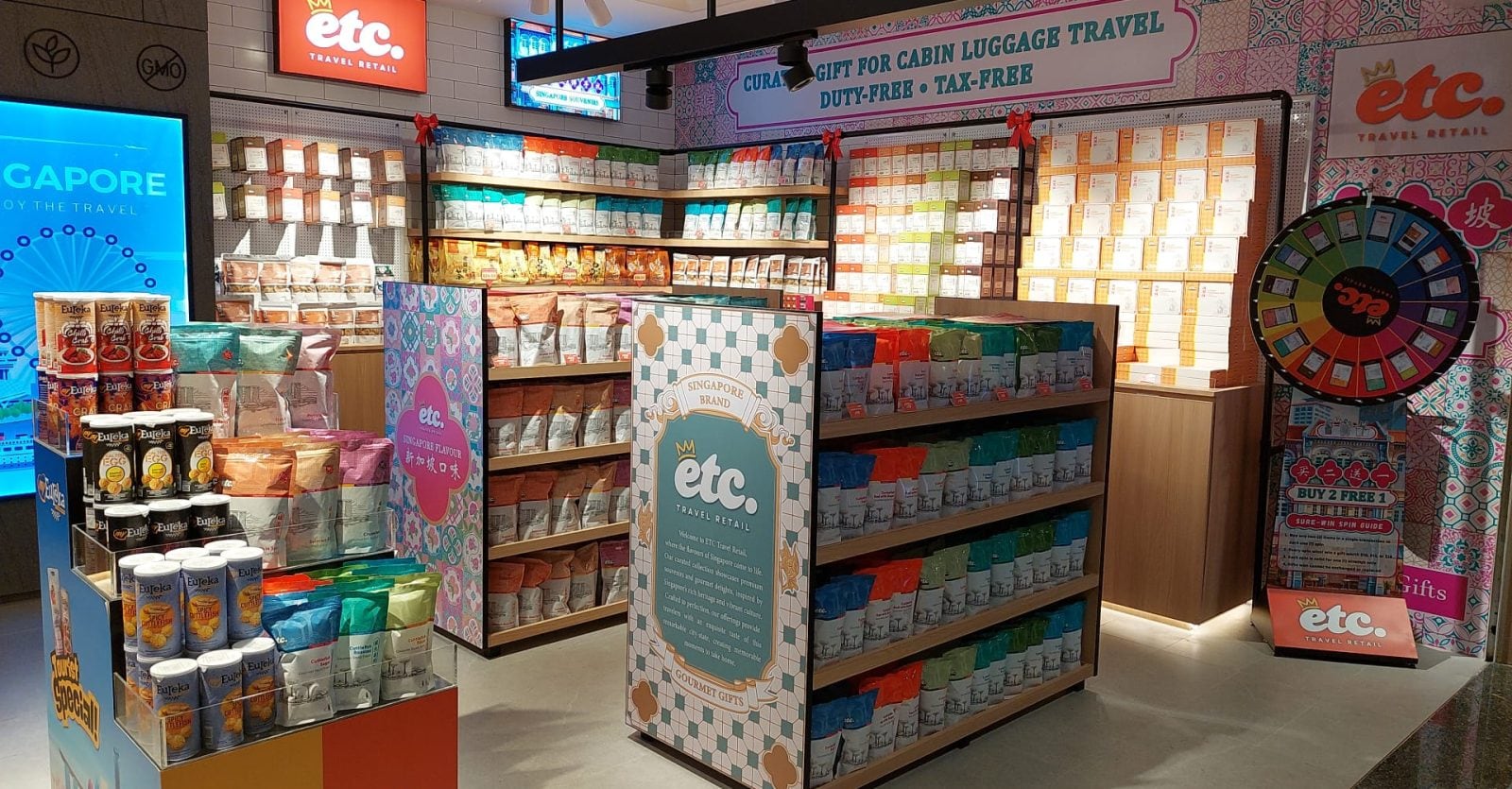The use of artificial intelligence (AI) in the agrifood sector has grown by leaps and bounds over the past decade, but whenever mentioned as part of the Asia Pacific or wider AMEA (Asia, Middle East and Africa) region, China usually dominates the conversation.
This is unsurprising given the rapid progress it has made in this field, from the launch of DeepSeek rivalling ChatGPT to the integration of AI into DJI drones.
That said, with the interest in the tech rapidly rising in the region and more data being gathered, many other governments are also buying into its potential, including South Korea and the United Arab Emirates (UAE).
“China has a head start in applying AI to agriculture and food, standing out as a clear front-runner when it comes to anything AI [so we do see] China to continue leading the pack in Asia,” agrifoodtech VC investment firm ID Capital CEO and Founder of the Future Food Asia (FFA) forum Isabelle Decitre told FoodNavigator-Asia.
“As in many other sectors, China’s scale, robust data infrastructure, and government-led AI strategy give it a significant edge. We’re already seeing advanced applications across areas like smart factories, precision formulation, and consumer behaviour analytics.
“That said, we see South Korea as a very interesting dark horse in this space because the government has already laid out a progressive roadmap to drive AI integration into food manufacturing.
“This also includes plans to establish a shared national database to facilitate collaboration between research institutions, startups, and industry players – and if they really move forward with open-sourcing that infrastructure, it could catalyse a wave of innovation.
“This open concept would greatly lower entry barriers for smaller players and enable rapid experimentation, so given South Korea’s tech-savvy consumer base and strong food export sector, this could position the country as a major AI-powered food innovation hub in the near future.”
South Korea was the first APAC nation to adopt AI legislation earlier this year, with the passing of the Framework Act on Artificial Intelligence Development and Establishment of a Foundation for Trustworthiness.
This act will come into force in January 2026, and has set aside significant support for the development of AI, from areas such as projects for data training to support for SMEs in the industry.
Another purported ‘dark horse’ in the AI for food development space is the UAE, which has also already strongly positioned AI as an important component of local growth.
“The UAE deserves special mention for its strategic clarity and investment in AI leadership—especially within the food-tech space,” she added.
“The country has positioned AI not just as a tool, but as a national priority [with] the National Strategy for Artificial Intelligence 2031.
“Additionally, through initiatives like the SILAL Innovation Oasis and various partnerships with foodtech and agritech companies, the UAE is building a robust ecosystem which we expect AI to be a big part and parcel of.”
The SILAL Innovation Oasis is an R&D centre built by the government specifically dedicated to advancing the UAE’s agrifood sector based on technology, with a focus on building tech to ‘withstand the toughest environmental and weather conditions’ such as those in the desert.
AI to address variation
Despite all the hype that AI has gotten as of late, the reality in the field is that a lot of its applications in the AMEA food sector thus far have been focused in the areas of automation, predictive maintenance for machinery, or consumer insights.
But as the technology matures and more data is sourced, AI is beginning to show its potential to play even more important roles across the entire agri-food development lifecycle.
“In a market like the UAE where desert is their main environment, one of the main challenges AI can address is the variability in natural ingredients,” she added.
“Weather, soil, and sourcing conditions introduce inconsistency that impacts taste, nutrition, and shelf life – AI systems can help monitor and adjust for these variations [and their effects on the final food products].”
Human control still important to prevent AI error
However, she warned that this is not a case of turning on a system and leaving it to run on its own – supervision is still crucial to ensure that any errors are detected and managed before the system builds any further on these.
“The main reason an AI system must be continuously maintained and updated is to avoid ‘data drift’—where the AI model becomes less accurate over time due to changes in the underlying data,” Decitre said.
“Maintaining model integrity will be essential as we rely more on AI for quality control and formulation, and a human eye is still very much needed to do this.”





